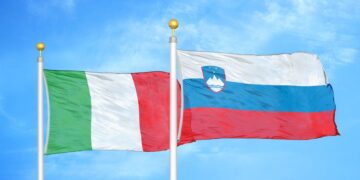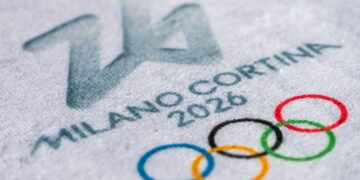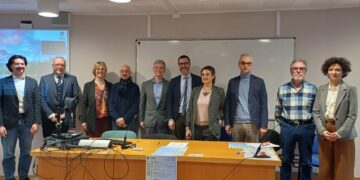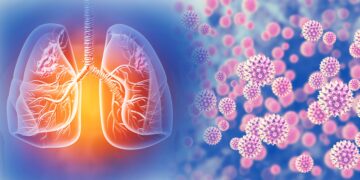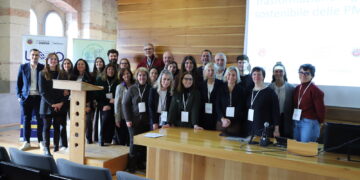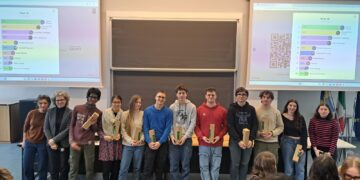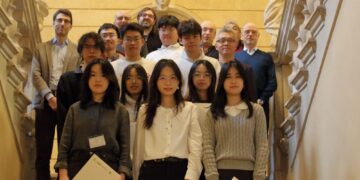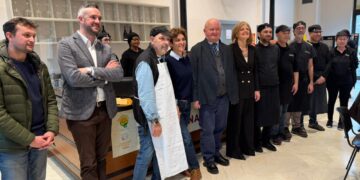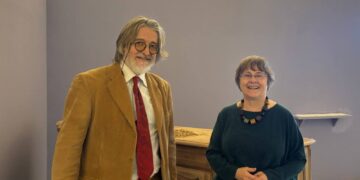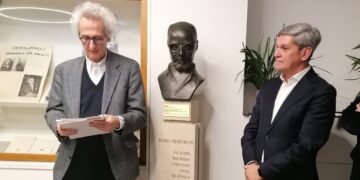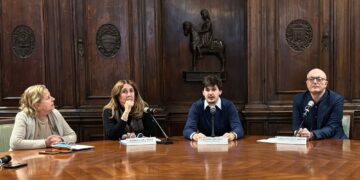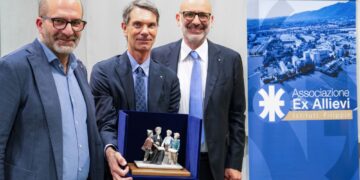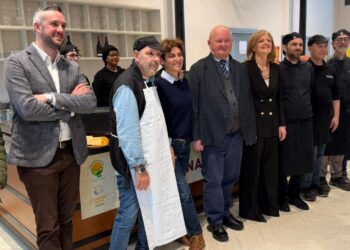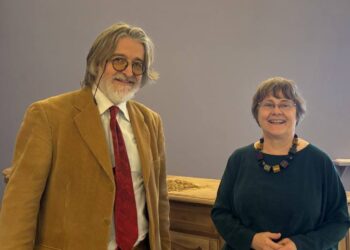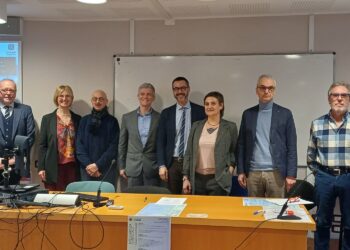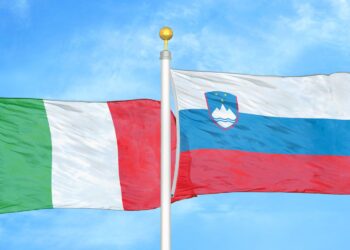A “just on time” live streaming lecture on the Russian SARS-CoV-2 vaccine, known as “Sputnik V” (incidentally, V as the initial of vaccine, not to be read as 5 in Roman numerals!) was given today by Prof. Vladimir Andrianov, exclusively for our university. This opportunity was offered by the context of internationalization of the PhD in Nanoscience and Advanced Technologies that has established a sound partnership with the Sechenov University in Moscow. This partnership started years ago through the international contacts of our Prof. Tagliaro with Prof. Tarasov, Prof. Zavadsky and Dr. Appolonova of the Sechenov University and is still fully effective both in teaching and research.
Unlike mRNA vaccines (Pfizer-BioNTech and Moderna) – said Prof. Andrianov – the Sputnik vaccine is based on a recombinant human viral vector (Adenovirus), which contains the S protein of the SARS-CoV-2 viral envelope against which antibodies are produced. A particular feature of this vaccine is the choice to use two different Adenoviruses for the two doses required by the vaccination scheme, which would greatly enhance the immune response to the second dose. As already known from the literature on preliminary phase 3 data, the vaccine provides a high level of protection against COVID-19, greater than 90%, and therefore comparable to vaccines based on mRNA technology.
Side effects would be quite frequent, but of modest magnitude. An interesting aspect of Sputnik V is its superior stability, which allows it to be stored at temperatures of 4-8°C. This makes it more suitable for large-scale distribution, especially in areas where the chain-of-cold required by mRNA vaccines cannot be guaranteed. It should be noted that the development of Sputnik V was carried out at the Gamaleya National Center of Epidemiology and Microbiology in collaboration with Sechenov University for preclinical and clinical studies. Therefore, unlike in Europe and the USA, the vaccine is the product of public research institutions, which therefore hold the rights. Large-scale production is instead carried out both in public institutes and in private companies, as is recorded on the different batches of the product. The conference held on the Zoom platform, although announced only one day in advance, had a large audience within the university both in live streaming and, subsequently, in recorded form.
Proposed and organized by the PhD program in Nanoscience and Advanced Technologies, directed by Prof. Adolfo Speghini, the lecture also represents the first event of the transversal teaching of the new Doctoral School of the University of Verona. The director, Prof. Alfredo Guglielmi, announces that other new attractive events will follow shortly.

